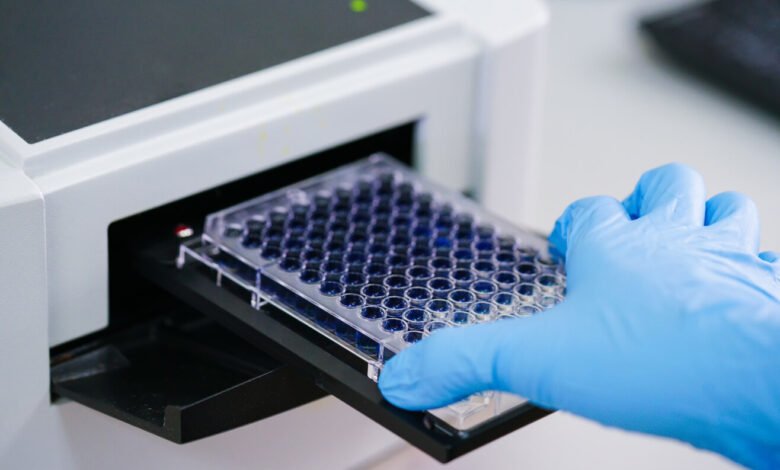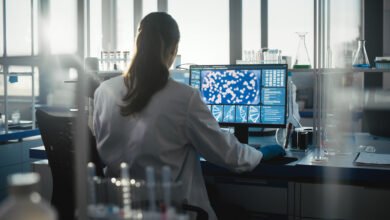Advancements in ELISA Testing Services and NAB Assay Development: Innovations in ADA Immunogenicity Testing for Bio Scientific Experts

In the dynamic landscape of biotherapeutics, assessing immunogenicity is paramount for ensuring drug efficacy and safety. The formation of anti-drug antibodies (ADA) significantly impacts this assessment. While various methodologies exist, the enzyme-linked immunosorbent assay (ELISA) remains a cornerstone. This article explores recent breakthroughs in ELISA testing services and NAB (neutralizing antibody) assay development, providing bio scientific experts with valuable insights into cutting-edge approaches for ADA immunogenicity testing.
1. Immune-Complex Assays:
A pivotal development in ADA immunogenicity testing involves the evolution of immune-complex assays. Originating in 2010, these assays have undergone significant modifications, expanding their scope to include monovalent human IgG antibodies and intricate antibody-drug formations. Despite their sensitivity and drug tolerance, these assays fall short in mapping ADA domain specificity.
2. Universal Indirect Species-Specific Immunoassay:
The journey towards simplified ADA assay development includes the adoption of universal indirect species-specific immunoassays. This innovative format involves coating the biotherapeutic on a carbon surface and utilizing species-specific antibodies for ADA detection. The indirect approach facilitates precise mapping of ADA specificity corresponding to the biotherapeutic molecule.
Must Read: Recent Developments in ADA Titer Assay Technology: Implications for Drug Development
3. Human Anti-PEG Antibody Assays:
Addressing concerns surrounding polyethylene glycol (PEG)-based therapeutics, advancements in human anti-PEG antibody assays are noteworthy. Traditional PEG-based immunoassays faced challenges with efficiency and lacked well-characterized positive controls. However, the integration of acoustic membrane microparticle technology has revolutionized PEG-based immunoassays, offering improved reliability, reduced background signal, and enhanced specificity.
4. Gyrolab Platform in Ligand Binding Assays:
Beyond the conventional ELISA, the Gyrolab platform emerges as a game-changer in ligand binding assays. This robust bioanalytical tool not only quantifies drug biologics but also aids researchers in unraveling the intricacies of pharmacokinetic properties and the strength of protein-protein interactions.
Conclusion:
In the realm of biotherapeutics, ELISA testing services take center stage, supported by innovations in NAB assay development. As we navigate the ever-evolving landscape of ADA immunogenicity testing, these advancements empower bio scientific experts with powerful tools to enhance the precision and reliability of assessments in clinical and drug development studies.


